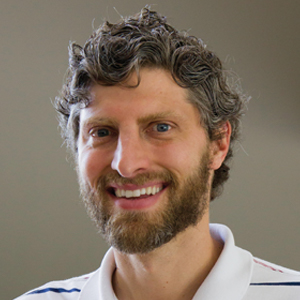Yale's Elisabetta Ullu wins inaugural Alice and C.C. Wang Award
Elisabetta Ullu, professor of internal medicine and cell biology at the Yale University School of Medicine, has been named the winner of the American Society for Biochemistry and Molecular Biology’s inaugural Alice and C.C. Wang award.
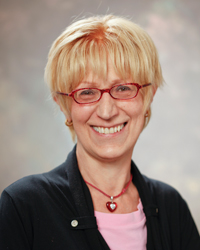
“I am deeply honored to have been chosen as the inaugural recipient of the Alice and C.C. Wang award and incredibly grateful to Alice and C.C. Wang for this invaluable gift to the field of molecular parasitology. The award brings to the spotlight the contributions that the study of human protozoan parasites, such as Trypanosoma brucei, have made and continue to make to further our understanding of eukaryotic biology. I am proud to share the honor of this award with all the wonderful collaborators who have worked by my side over the years.” – Elisabetta Ullu
The award aims to recognize established investigators who are making seminal contributions to the field of molecular parasitology, focusing in particular on novel and significant discoveries of the biology of parasitic organisms. The award’s namesake, Ching Chung “C.C.” Wang, is a professor of pharmaceutical chemistry at the University of California, San Francisco, who has made key contributions to the understanding of the biology of many pathogenic protozoa.
Ullu received the award for her laboratory’s work with the protozoan parasite Trypanosoma brucei, which causes African sleeping sickness, to uncover a novel mechanism of gene silencing known as RNA interference, or RNAi. While working on RNA synthesis and processing pathways in T. brucei, Ullu hit upon the phenomenon of RNAi, in which small, noncoding RNA molecules rather than proteins regulate gene expression.
Ullu’s discovery of RNAi “made a revolution in the ability to investigate the function of genes in parasites,” said Shulamit Michaeli from the Israel Science Foundation in supporting her nomination. The importance of RNAi as a biological phenomenon was cemented in 2006, when the Nobel Prize in physiology or medicine was awarded to Andrew Fire and Craig Mello for describing the process in roundworm nematodes.
A native of Italy, Ullu received her Ph.D. from the University of Rome in 1973. She continued her work at the European Molecular Biology Laboratory in Heidelberg, Germany, before taking a position at Yale University in 1984, where she has been ever since.
Award namesake C.C. Wang praised Ullu’s selection. “I think Elisabetta is a fantastic choice and an ideal recipient of the award from the eyes of my wife, Alice, and myself,” he said.
ASBMB President Suzanne Pfeffer concurred. “Elisabetta Ullu is exactly the kind of recipient the society had in mind when this award was established by Alice and C.C. Wang. Her work has made, and will continue to make, extraordinary contributions to the fundamental principles of molecular parasitology.”
Enjoy reading ASBMB Today?
Become a member to receive the print edition four times a year and the digital edition monthly.
Learn moreGet the latest from ASBMB Today
Enter your email address, and we’ll send you a weekly email with recent articles, interviews and more.
Latest in People
People highlights or most popular articles
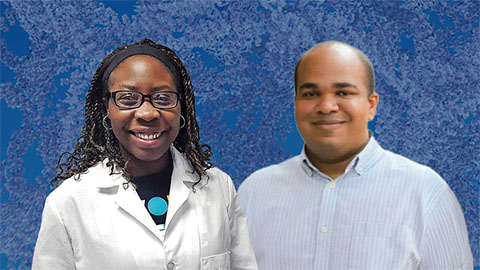
Cedeño–Rosario and Kaweesa win research award
The award honors outstanding early-career scientists studying cancer, infectious disease and basic science.
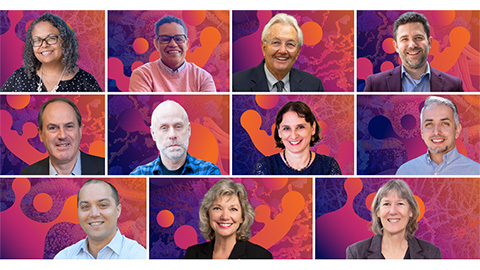
ASBMB names 2026 award winners
Check out their lectures at the annual meeting in March in the Washington, D.C., metro area.
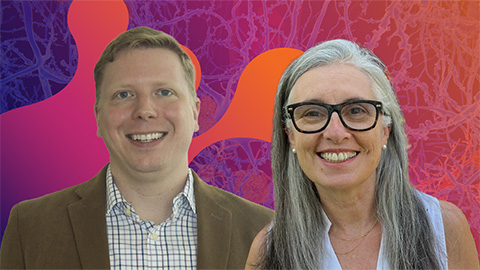
Peer through a window to the future of science
Aaron Hoskins of the University of Wisconsin–Madison and Sandra Gabelli of Merck, co-chairs of the 2026 ASBMB annual meeting, to be held March 7–10, explain how this gathering will inspire new ideas and drive progress in molecular life sciences.
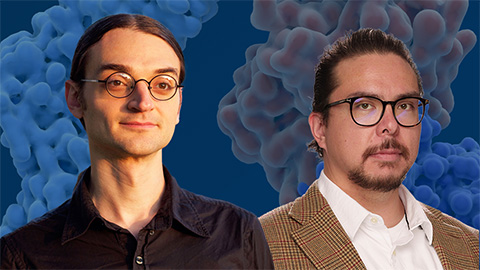
Castiglione and Ingolia win Keck Foundation grants
They will receive at least $1 million of funding to study the biological mechanisms that underly birds' longevity and sequence–function relationships of intrinsically disordered proteins.

How undergrad research catalyzes scientific careers
Undergraduate research doesn’t just teach lab skills, it transforms scientists. For Antonio Rivera and Julissa Cruz–Bautista, joining a lab became a turning point, fostering critical thinking, persistence and research identity.
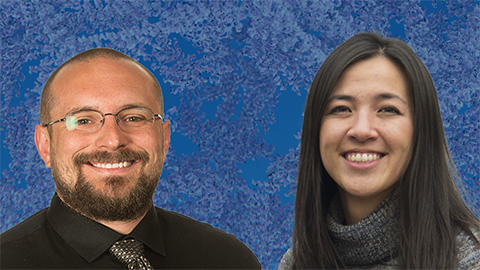
Simcox and Gisriel receive mentoring award
They were honored for contributing their time, knowledge, energy and enthusiasm to mentoring postdocs in their labs.

